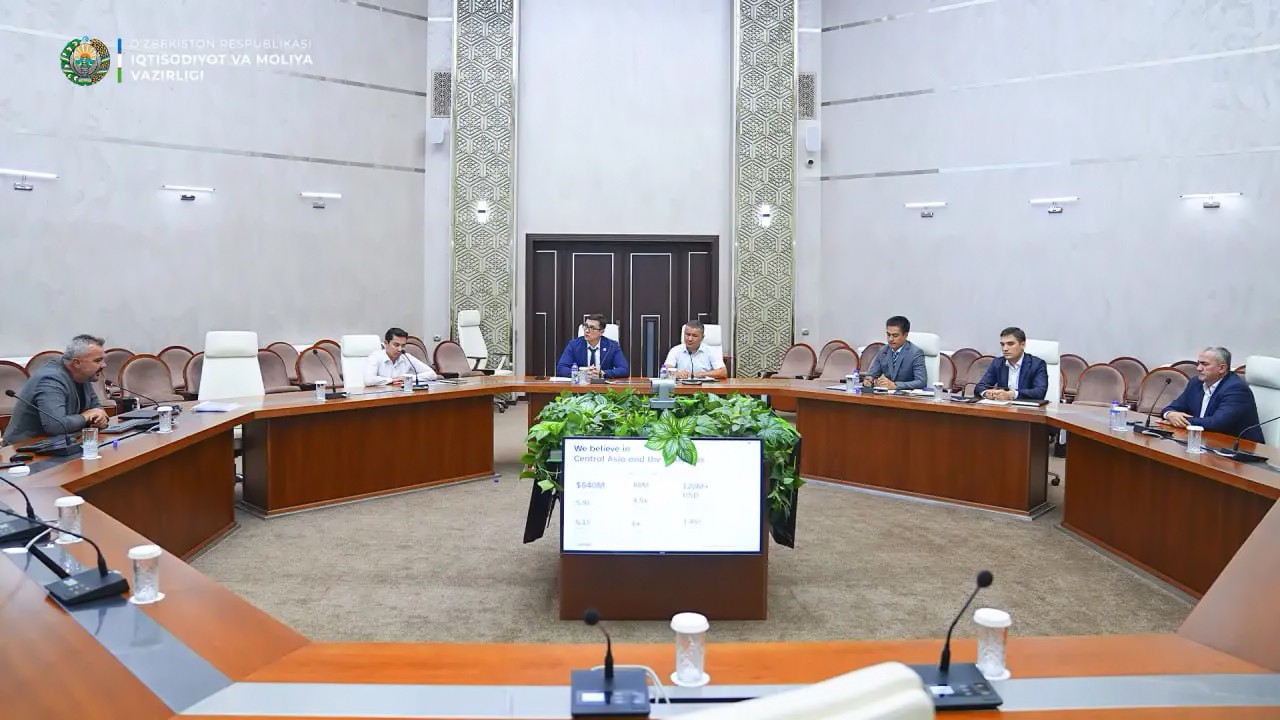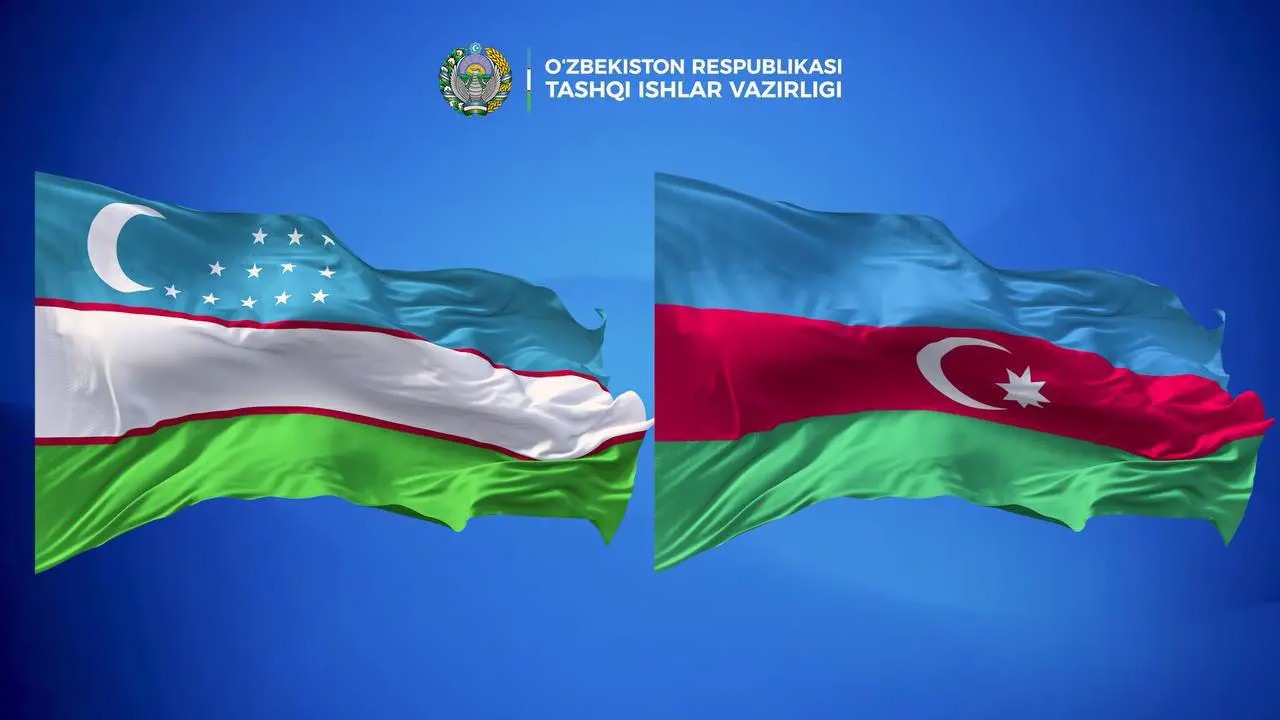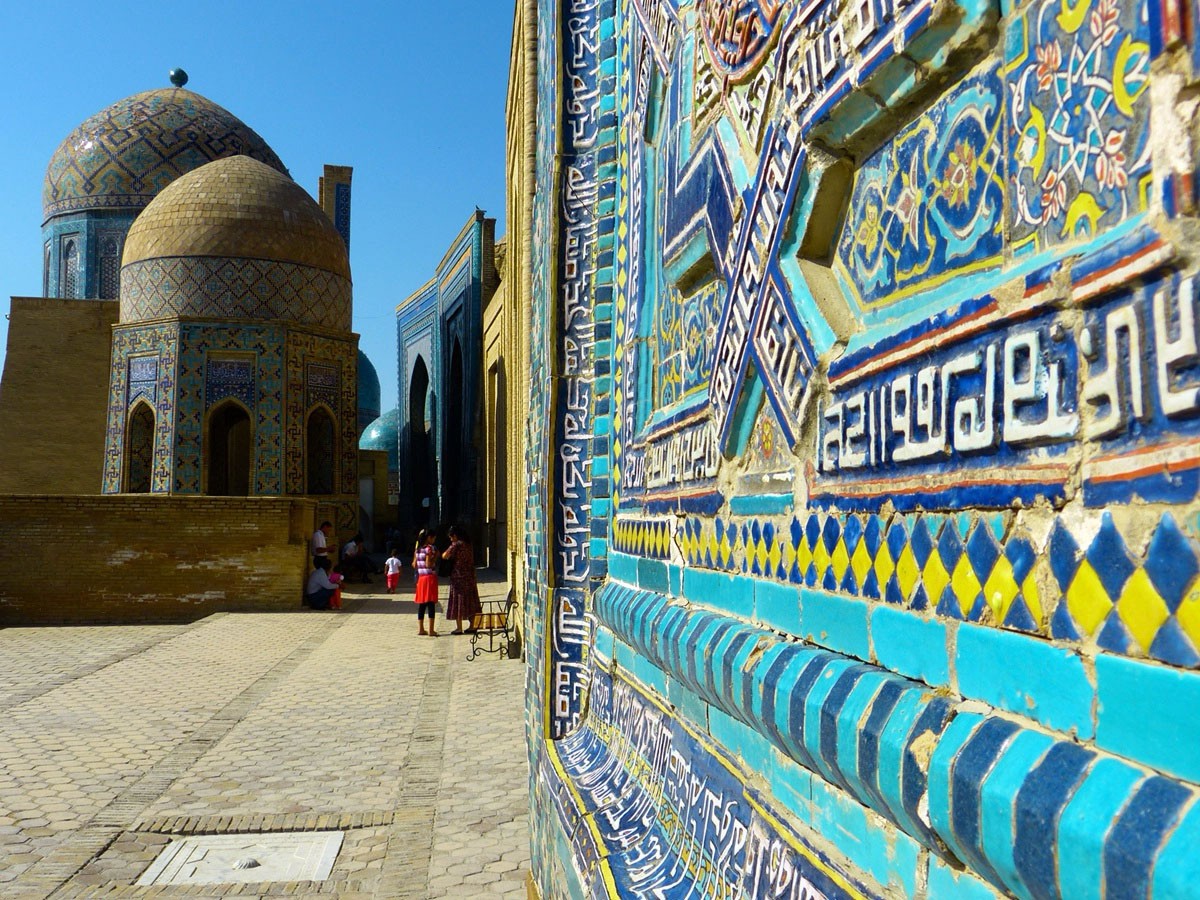According to the Central Bank of Uzbekistan, in the first six months of 2025, the volume of money transfers from the Russian Federation amounted to $ 6.4 billion. Russia accounted for 78% of all international transfers received in the country during the reporting period. Statistics confirm the steady dependence of the republican economy on cross-border private cash flows, mainly generated by labor migrants.
The structure of transfers also includes flows from Kazakhstan, the United States, South Korea, Turkey, the United Kingdom, Kyrgyzstan and a number of other countries, but the combined weight of these directions is significantly lower than the Russian contribution.
The total increase in the volume of transfers compared to the same period last year was 27%, which indicates both the restoration of economic activity in the host countries of Uzbek citizens, and the strengthening of the role of migration income in the financial balance of the republic.
Money transfers play a crucial role in maintaining the balance of payments and the stability of the national currency. Against the background of high import needs and limited industrial exports, foreign exchange earnings from migrant workers are becoming one of the key sources of replenishment of international reserves and financing of domestic demand.
Analysts note that the structure of dependence on one main direction makes the Uzbek economy vulnerable to external shocks, including currency fluctuations, sanctions policies and changes in the legislation of host countries. However, at this stage, alternative sources of comparable volume are not clearly identified.
At the end of 2024, the share of transfers from Russia also accounted for 77% of the total volume, which indicates the stability of the trend. At the same time, there are still risks associated with excessive concentration in one market and possible turbulence within Russia itself.
In the context of macroeconomic stability, remittances continue to act as a shock absorber for households, forming a significant share of consumer spending, investment in housing, education and small businesses. In recent years, the State has taken steps to channel these flows into the banking system and encourage their use within the official financial sector.
Financial mobility of migrant workers remains an important factor in the socio-economic sustainability of Uzbekistan. However, in order to reduce dependence and expand the currency base, the country will have to diversify its external economic ties and stimulate domestic sources of growth.












